Have you ever encountered a plant whose fragrance bewitched your senses, leaving you yearning for more? Picture yourself strolling through a garden on a balmy summer's day, captivated by a floral symphony that envelops you in its intoxicating embrace.
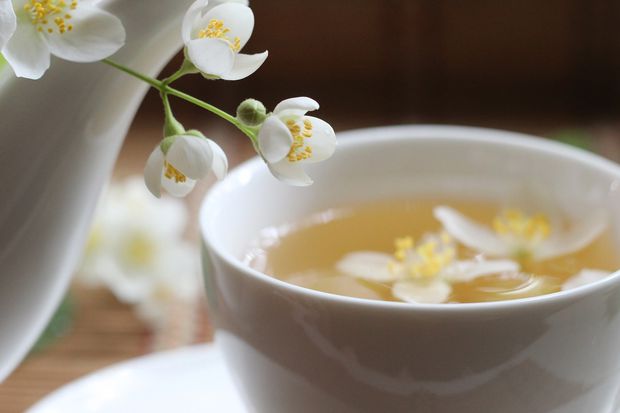
Step into the fragrant symphony of scents, where star jasmine, aka Trachelospermum jasminoides, takes centre stage. But hold on! While its captivating allure transports us to an enchanted realm, there is a cautionary tale to tell about its potential risks to us and our furry companions, the cats and dogs we hold dear. But, is Star Jasmine poisonous?
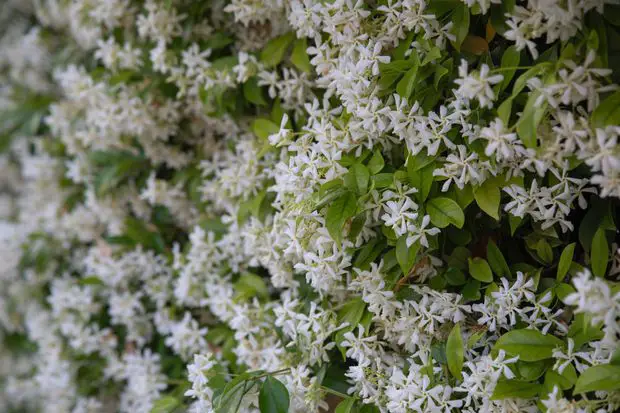
No, star jasmine (Trachelospermum jasminoides) is not considered poisonous. It is generally safe for humans and pets. However, caution should be exercised with other jasmine species; individual sensitivities may vary.
Originating from East Asia, Star Jasmine has spread its wings across the globe, earning admiration and adoration wherever it goes. Its alluring charms have made it a treasured addition to gardens, patios, and even indoor spaces.
With delicate, star-shaped blossoms in white and pale yellow hues, this vine-like evergreen captures the attention and imagination of all who look at it.
The question that lingers, however, is whether this beguiling beauty harbours a hidden danger. While we revel in the majesty of star jasmine, it is important to explore the potential risks it presents to our furry companions, specifically cats and dogs. So, let us venture into the realm of fragrant flowers and delve into the intricacies of star Jasmine's relationship with our beloved pets.
Is Star Jasmine Poisonous? Separating Fact from Fiction
When it comes to the world of plants, it's not uncommon for rumours and misconceptions to swirl around, especially when it comes to their potential toxicity. Jasmine, known for its exquisite beauty and captivating fragrance, is no exception.
The truth is that star jasmine, or Trachelospermum jasminoides, is generally considered non-toxic to humans. Its blooms, while highly aromatic, are not known to cause harm if handled or even lightly brushed against.
In fact, many people enjoy the gentle scent of jasmine and use its flowers for decorative purposes, such as in bouquets or as ingredients in perfumes and teas.
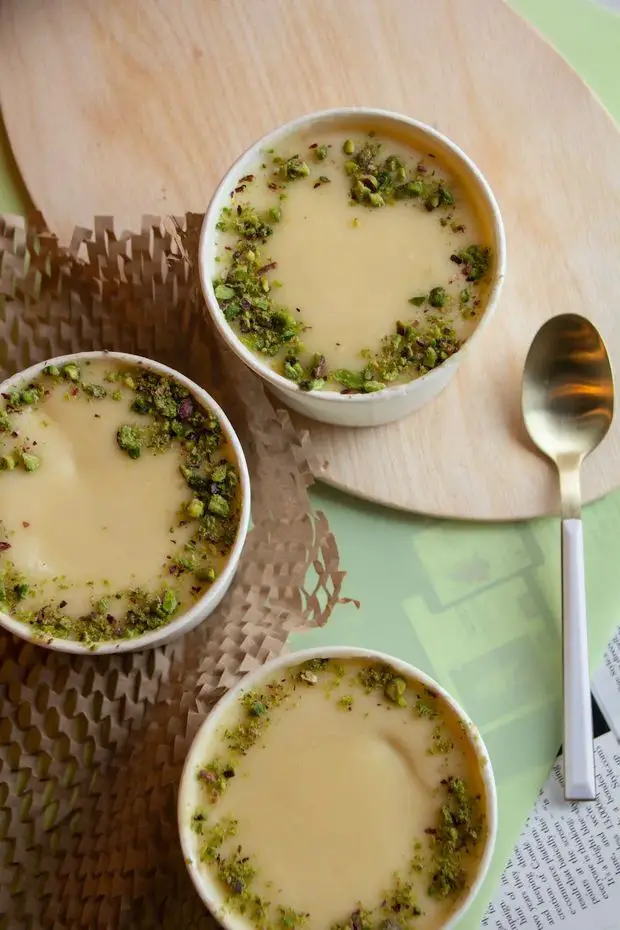
However, it is important to note that the term "jasmine" encompasses various species, and not all of them share the same characteristics. While star jasmine is generally safe, it is wise to exercise caution when dealing with other types of jasmine, as some species may have different levels of toxicity.
When it comes to pets, particularly dogs and cats, the potential risks associated with jasmine consumption should be considered. While star jasmine is not typically listed as highly toxic to pets, it's crucial to understand that individual animals may have varying sensitivities and reactions to certain plants.
If ingested in large quantities, pets may experience mild gastrointestinal upset, such as vomiting or diarrhea. In rare cases, some animals may exhibit allergic reactions.
To ensure the well-being of your furry friends, it is always advisable to monitor their interactions with plants, including star jasmine. If you suspect that your pet has ingested a significant amount of any plant, including jasmine, or if they exhibit unusual symptoms after contact, it is best to consult a veterinarian promptly for guidance.
Can you consume star jasmine? Unveiling the Culinary Potential of a Fragrant Beauty
When it comes to exploring the culinary world, curiosity often leads us to wonder about the edibility of various plants. Star jasmine, with its mesmerising blooms and delightful fragrance, may tempt us to ponder whether it can be incorporated into our culinary endeavours.
While star jasmine, scientifically known as Trachelospermum jasminoides, is not typically recognised as a widely consumed food, it is important to understand its potential culinary applications. The flowers of star jasmine possess a delicate, floral aroma, which has sparked interest among some culinary enthusiasts.
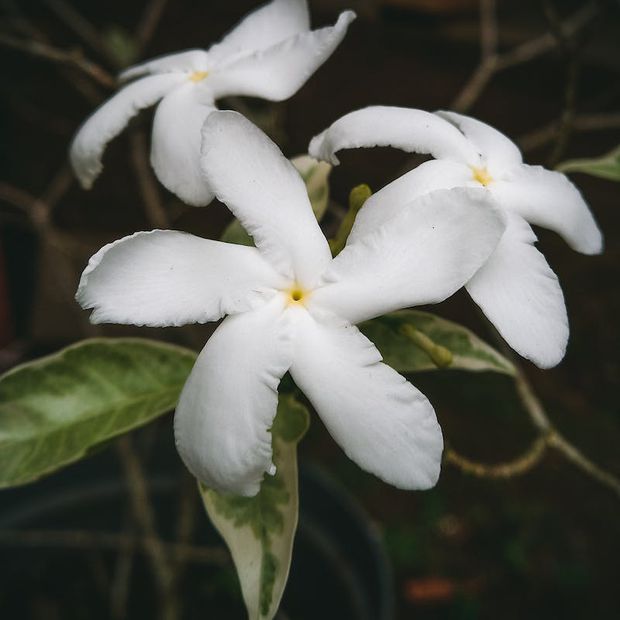
In certain culinary traditions, the blossoms of edible flowers are occasionally used as decorative elements in salads, desserts, or beverages. Their gentle fragrance can add a subtle and exotic note to dishes, elevating both the visual presentation and flavour profiles. However, it is essential to exercise caution and consider a few factors before consuming star jasmine or any other flower.
First and foremost, it is crucial to ensure that the flowers you intend to consume are free from pesticides, chemicals, or other contaminants. If you plan to use star jasmine flowers in culinary preparations, it is advisable to grow them organically or source them from reputable suppliers who offer flowers specifically labelled as edible.
Moreover, it is important to remember that individual sensitivities to flowers and plants can vary. While star jasmine is not generally known to be toxic or harmful, some individuals may experience allergic reactions or digestive discomfort when consuming certain flowers.
If you have known allergies or sensitivities, it is best to exercise caution and consult with a healthcare professional before incorporating star jasmine or any other edible flowers into your diet.
Can you use star jasmine for tea? Exploring the Tea Potential of Star Jasmine
Tea lovers around the world constantly seek new flavours and aromatic experiences to tantalise their taste buds. With its captivating fragrance, star jasmine (Trachelospermum jasminoides) beckons us to explore its potential as an ingredient for a delightful cup of tea. But can you really use star jasmine for tea?
The answer is a resounding yes! Star jasmine flowers have been cherished for centuries for their aromatic qualities, making them a wonderful addition to herbal tea blends or as a standalone infusion.
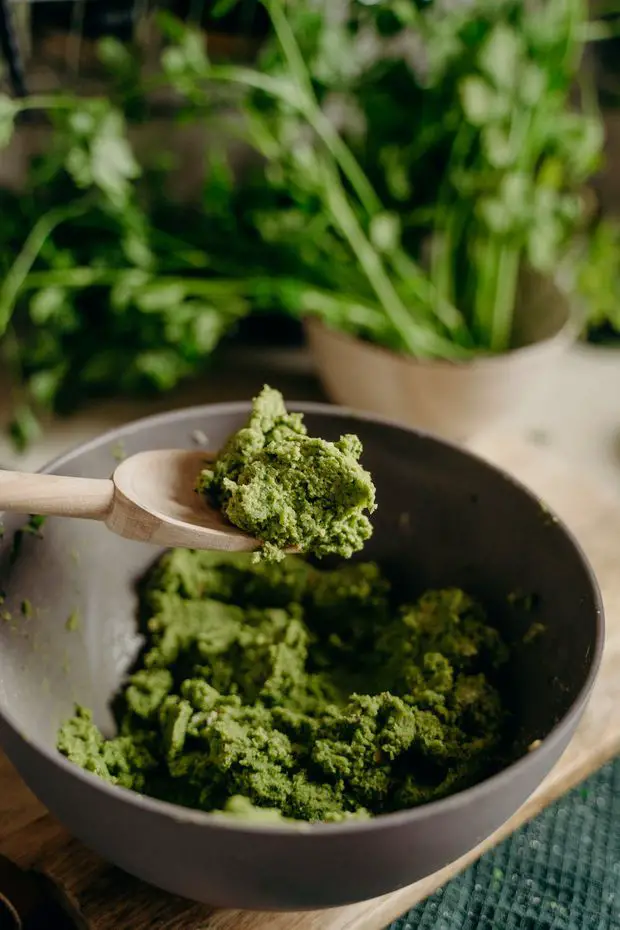
When steeped, the flowers release a gentle floral fragrance that can transform an ordinary tea moment into an extraordinary sensory experience. To prepare star jasmine tea, you can use either fresh or dried flowers. Start by gently rinsing the flowers to remove any impurities. Then, steep a handful of flowers in hot water for several minutes.
The duration of steeping can be adjusted to achieve the desired strength and flavour profile. Some tea enthusiasts recommend blending star jasmine flowers with other herbal teas, such as green tea or chamomile, to create unique and fragrant concoctions.
As with any herbal infusion, it is important to note that individual preferences may vary. Some may find the flavour of star jasmine tea to be delicate and soothing, while others may perceive it as more intense.
Experimentation is key to finding the perfect balance that suits your taste.
It is worth mentioning that star jasmine tea is not only enjoyed for its aromatic qualities but may also be associated with certain health benefits.
In traditional herbal medicine, jasmine has been used for its potential calming and stress-relieving properties. However, it's important to consult with a healthcare professional for personalised advice and guidance regarding any specific health concerns.
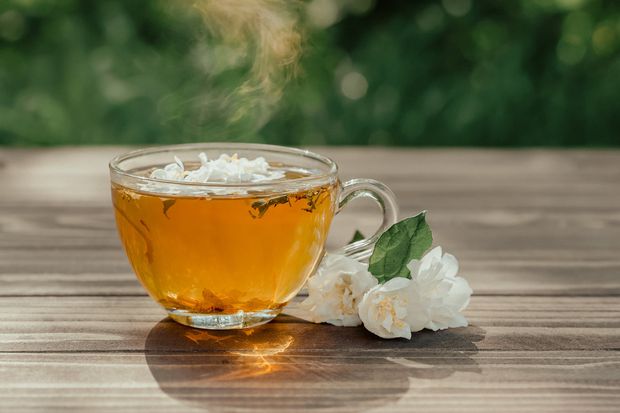
Which jasmine plant is toxic?
Jasmine, with its delicate blooms and captivating aroma, has a diverse family of species. While most jasmine plants are not known for their toxicity, it is important to address the question: Which jasmine plant, if any, should we approach with caution?
One such plant is the common white jasmine, scientifically known as Jasminum officinale. Unlike its non-toxic counterparts, this particular jasmine species have some toxic properties.
The flowers, leaves, and stems of Jasminum officinale contain compounds called glycosides, specifically jasminin and securinine. These substances, while responsible for the plant's distinctive scent, can be harmful if ingested in large quantities.
Ingestion of significant amounts of Jasminum officinale may lead to gastrointestinal distress in both humans and pets. Symptoms can range from mild stomach upset, such as nausea and vomiting, to more severe reactions in rare cases.
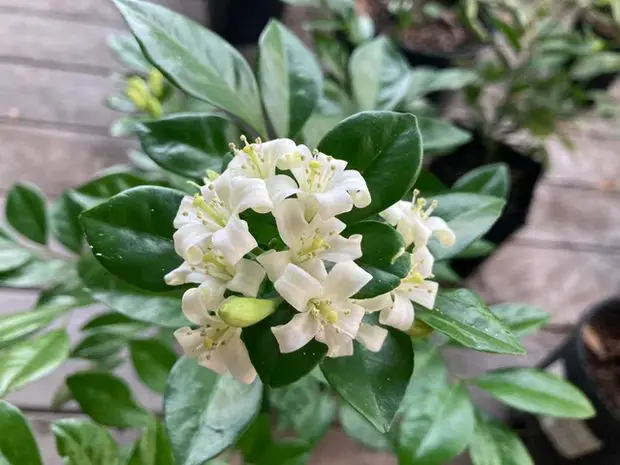
It is important to note that the level of toxicity can vary depending on an individual's sensitivity and the amount consumed. It is worth mentioning that other jasmine species, such as star jasmine (Trachelospermum jasminoides) and Arabian jasmine (Jasminum sambac), are generally considered non-toxic.
However, as previously mentioned, individual sensitivities can differ, and it is always wise to monitor any plant interactions for both humans and pets.
To ensure safety, it is crucial to accurately identify the specific jasmine species you have in your surroundings. If you are unsure about the type of jasmine plant you have, consult a local horticulturist, botanist, or gardening expert who can provide accurate information based on your specific region.
Are Jessamines Toxic?
Jessamines, a group of flowering plants belonging to the genus Gelsemium, are known for their elegant blooms and sweet fragrance. However, when it comes to their potential toxicity, it is important to dig deeper and explore whether jessamines pose any risks to humans and animals.
The jessamine species of primary concern in terms of toxicity is Gelsemium sempervirens, commonly known as yellow jessamine or Carolina jessamine. This plant contains toxic alkaloids, such as gelsemine and gelsemicine, primarily concentrated in its flowers, leaves, and stems.
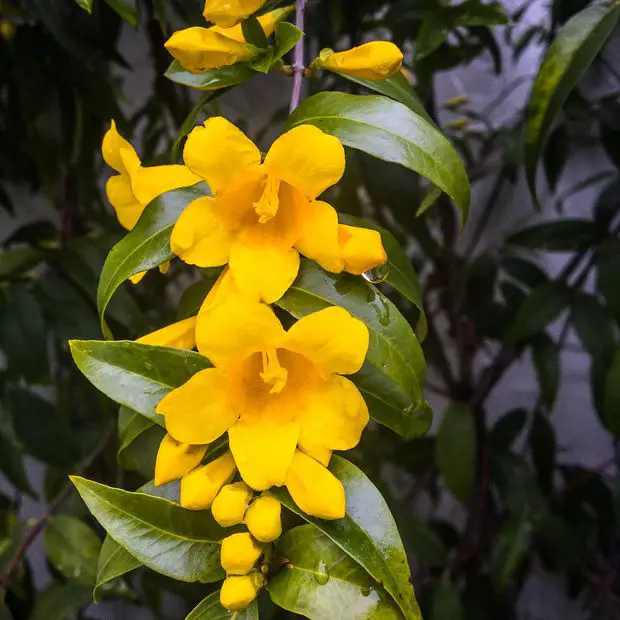
The ingestion of any part of Gelsemium sempervirens can lead to a range of symptoms, varying in severity depending on the quantity consumed. These symptoms may include gastrointestinal distress, such as nausea, vomiting, and diarrhea.
In more severe cases or with larger ingestions, jessamine poisoning can affect the central nervous system, leading to drowsiness, confusion, muscle weakness, and even respiratory distress.
It is crucial to emphasise that the toxicity of jessamines, specifically Gelsemium sempervirens, extends to humans and animals, including pets such as dogs and cats. The ingestion of this plant can have similar adverse effects on their well-being.
On the other hand, it is important to note that not all jessamine species are toxic. Some jessamines, such as Cape jasmine (Gardenia jasminoides), are unrelated to Gelsemium and are generally considered non-toxic. However, as always, it is advisable to monitor interactions with plants and seek professional guidance if any concerns arise.
Final Thoughts
Star jasmine, with its alluring beauty and fragrance, is generally safe for humans. However, pet owners should remain cautious due to varying sensitivities. Prioritising pet safety and seeking professional advice ensures we can enjoy star Jasmine's beauty while safeguarding our beloved furry friends.
In summary, exercise caution when dealing with specific jasmine species, such as Jasminum officinale, which can be harmful if consumed excessively. Consult experts to identify jasmine species accurately and take necessary precautions.
Similarly, yellow jessamine (Gelsemium sempervirens) should be handled with care due to its toxicity. Stay informed and protect the well-being of yourself, your loved ones, and your pets by seeking professional guidance on plant safety.
